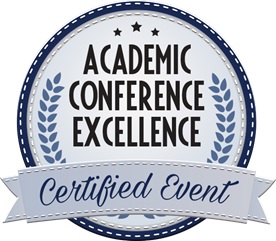
Jacques W Brook
Innovation Gateway, Netherlands
Title: Adopting artifi cial intelligence in the next generation of automation: its implication for fi rm’s innovation strategy towards 2035
Biography
Biography: Jacques W Brook
Abstract
The competitive advantage literature establishes a strong relation between technology innovation and high firm performance. As an emerging technology, Artificial Intelligence is increasingly associated with the potential to lead disruptive innovation, and becoming a new factor of productivity and profitability across industries. However, to be able to benefit from the full potential of Artificial Intelligence, firms should understand the new design challenges ahead, beyond technology, and consequently develop appropriate innovation strategies. In this context, a multidimensional approach to innovation management is used to discuss the design challenges across the dimensions which include: technology, business model, business processes, organization design, services/products and sustainability. In our view, synchronizing design objectives between these dimensions helps to assess the implications of the adoption of the artificial intelligence for the firm’s innovation strategy towards 2035 for example. It is about helping the leadership during strategic planning processes to understand how to navigate landscape of the next generation of automation with artificial intelligence. From a practical perspective, three cases which include healthcare, insurance and government are discussed.

